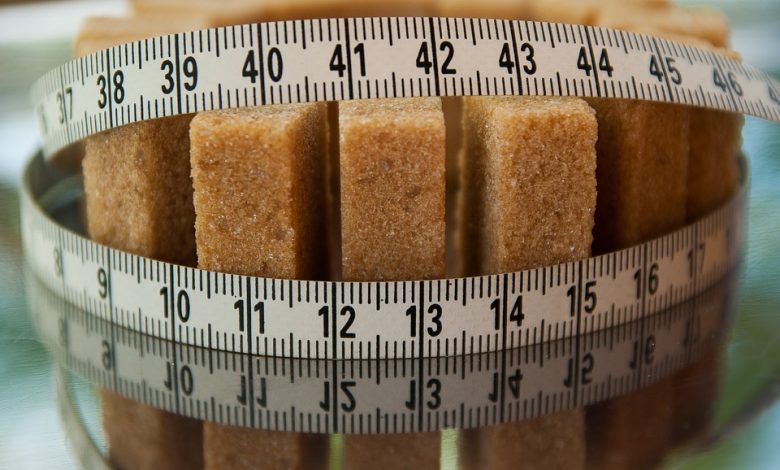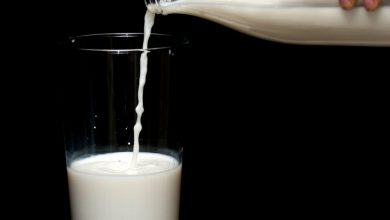
Ultimate Guide to Taking the Right Calories Per Day for a Healthy Lifestyle
Ideal daily calorie intake is also highly related to age. Usually, adults consume more calories than children. The amount of calories needed each day generally ranges from 1000 to 2500, depending on the individuals involved. Also, as established, the body of a male metabolizes more calories than that of a female. As our bodies grow, so also does our calorie intake ability increase. Still, when our bodies reach a certain age, our calorie intake will reduce. A good dietary plan details how much calories we need by age and gender.
Maximum Daily Intake by Age

Generally, males should take in the amounts of calories specified below according to age:
- Male children between the ages of 2 to 12 years should maintain a daily calorie consumption of between 1000 calories to 1800 calories.
- Adolescent males between the ages of 13 to 18 years should limit their daily calorie intake to between 2000 calories to about 2400 calories.
- Male adults between the ages of 19 to 40 years should not exceed 2400 calories to 2600 calories per day.
- Any man between the ages of 41 and above should reduce his calorie consumption to a range of 2000 calories to 2200 calories.
Also, women should maintain their calorie eating levels depending on their ages:
- Female children between the ages of 2 to 12 years should have calories consumption of between 1000 calories to 1600 calories daily.
- Female adolescents between the ages of 13 to 18 years should restrict daily calorie intake to between 1600 calories to 1800 calories.
- Matured young ladies between the ages of 19 to 40 years should max out at between 1800 calories and 2000 calories.
- Aged women between the age of 41 and above should reduce their calorie consumption to 1600 calories up to 1800 calories.
How Many Calories Per Day is Ideal for You?
How many calories per day is ideal for you? The food and drink that we ingest daily contain calories which help our bodies in many ways, of course. However, calculating the approximate volume of calories best for our bodies is important. Learning about the calorie content of each food you consume is a great method of controlling the number of calories you can absorb each day. According to a government guideline, the amount of calories essential on a daily basis depends on factors like gender and age primarily.
From their observations, men can consume about 2500 calories per day. Likewise, women should not exceed 2000 calories every day. Whenever each gender exceeds this calorie intake, they are likely to experience weight gain from food. Not everyone is as careful to watch the type of food they eat. Arranging an adequate balanced diet or meal plan can be a drag for others. An individual that wishes to maintain a healthy calorie intake from day-to-day should look closely at the calorie count of each meal before consumption.
Can I Lose Weight if I Reduce my Intake of Calories Per Day?
The simple and sweet answer is, yes, you can. Our bodies do need a certain quantity of calories per day. Exceeding this calorie limit consistently may result in weight gain or obesity. On the other hand, eating below the calorie limit could also lead to excessive weight loss, which may be unhealthy. Still, you can lose weight intelligently by cutting calories. The weight loss will depend on the volume of calories consumed daily.
For instance, men who wish to lose about one to two pounds of weight in a week should cut down their daily calorie intake from 2500 to 2000. It is similarly specified that women reduce their calorie intake per day from 2000 to 1500 calories in order to lose about one to two pounds weight. From the above guide, one could observe that whenever both genders cut 500 calories from their daily calorie consumption, their body will adjust speedily, resulting in weight loss.
Hence to lose weight drastically, you ought to remove 500 calories from your daily calorie consumption. To maintain your normal healthy weight, you only need to stick to a balanced meal plan.
How do I Maintain a Healthy Intake of Calories Per Day?

Maintaining healthy calorie ingestion on a daily basis might be quite a chore in some cases. This will require that you avoid certain types of food, and take more of other food types. Even when they include the off-diet-list foods in their meal plan, reduced quantities must be the order of the day. Naturally, not everyone has the discipline to maintain this regimen. However, someone looking to sustaining a healthy calories balance should keep a keen eye on this guide:
- Consume less high-sugar foods: Sugar plays a vital role in weight gain due to its high-calories content. Frequent consumption of sugary foods can increase your calorie intake per day. Sugary foods consist of beverages, carbonated soft drinks, sweetened tea, sugary snacks, and others. Consuming the above-listed foods in less quantity daily can help to maintain a healthy amount of calories per day.
- Monitor your protein intake: Protein is very good to the body when consumed at a normal rate. Excess consumption of protein can lead to a simultaneous increase in calorie levels. Before you include any protein food to your meal, inspect the calorie count of such foods. If the calorie content of the food is high, reduce the meal quantity watching your gender’s maximum calories consumed per day estimate.
- Minimize your daily consumption of carbs: Carbs is the short form of carbohydrates. They contribute significantly to the number of calories in the body. Every carbohydrate food consists of four calories per gram. Increasing the ratio of carbohydrate consumption per day will impact your ability to monitor your daily calorie intake. Therefore, reduce the number of carbs consumed per day. Make sure that your meal schedule is perfectly balanced, placing carbs at the minimum level. Since our body needs more carbs for energy than they do proteins, learn to strike a good balance.
- Monitor your fat intake: Fat consumption is part of our daily food intake, but eating an excess of fatty foods can lead to calorie increment in the body. You must note, however, that consuming less fatty foods can prompt decreased production of testosterone. Therefore, our body needs fatty foods at a normal rate for healthy weight maintenance. The addition of fatty foods to your meals should highly depend on the calories level of such foods. Seek an alternative to a particular fatty food with excess calories.
- Maintain normal water intake per day: Drinking water regularly can help to maintain your calorie consumption. According to research, consuming some water before meals can make you take in fewer calories during that meal. Apart from this, drinking water before a particular meal can limit our general appetite, thereby helping your body not to exceed its calories per day maximum.
Maintaining these calories per day parameters by age and gender will leave you with the energy you need, and little of the weight gain associated with abnormal calorie consumption.



